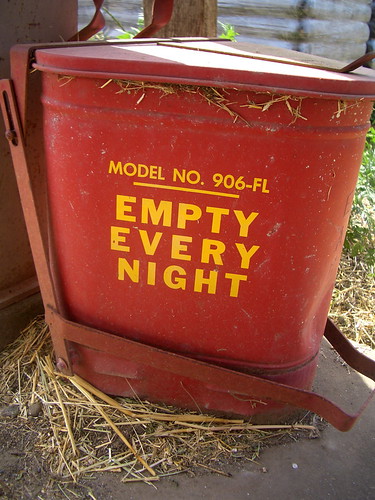To survive, an individual must repetitively stop whatever it is doing to ask how it is doing, to think about where it needs to go, and to be empty to hear the answers.
M Scott Peck
I have long been a fan of M Scott Peck’s writing. The Road Less Travelled was a huge influence on me in my early 20’s when I was finding my feet.
While I think the advice in this quote is useful for all aspects of your life, I think we all need to remember this and make time on a regular basis to reflect on our own creative path.
I recently lead a one-day Creative Entrepreneurship workshop at Red Door Studios and what I think was really valuable for the participants (and me as I got to do it with them) was to spend a day, without external distractions, examining our own creative practice.
One of the ways we did this was by using writing prompts – a series of 3 minute free writings on questions like:
“what do I love to do more than anything else?”
or
“describe the qualities and values of your ideal customer.”
We took the time to write answers and then we took even more time to be quiet and reflect on these writings through collaging (we played some music but people didn’t really talk at all). We used the medium of collage as there is a certain randomness to thumbing through magazines and ripping out pictures which actually gives you time and space for your right brain (creative brain) to chew over ideas.
Collaging is a way of emptying so you can hear the answers.

We regularly need to reflect on what we are doing and where we are going. We need to be humble enough to hear what signals we are receiving.
We get constant feedback. We tend to ignore most of it. We must empty ourselves out on a regular basis and allow the silence to bring our inner wisdom to the surface.
If we are looking to launch or run a creative business it must be something which is connected to who we are. But who we are is constantly changing. For your art and your business to continue to reflect you and your priorities you must make time and space to listen to them.
Within the next week – take even half an hour to act upon M Scott Peck’s suggestion:
- stop what you’re doing
- ask how you are doing
- think about where you need to go
- be empty to hear the answers
your wisdom will amaze you if you give it a chance.
In my workshop, everyone of the participants already knew deep down inside what they needed to do to take the next step towards realising their creative business goals.
We all do.
But usually we are either afraid to do it or don’t want to do it because it looks like hard work.
But we know the next step.
Give yourself empty space to hear your own answers.
Being a creative entrepreneur means being brave enough to ask the difficult questions and even braver to hear the answers.
I love the idea of collage as a means to emptying to hear the answers. It is so difficult to make time to do this necessary reflection, and your post is a good reminder of its importance. I’ve always liked Julia Cameron’s notion of a weekly “artist date” in which you go alone to some place that feeds your creative soul. I’m not very good about prioritizing this highly, but the times I’ve gotten into the practice, my writing has flourished from it.
I think the Artist Date is great – and I too can see that when I have made time for it, it has made a difference. But it’s hard to put one more thing on the ‘to do’ list for the week! Half an hour of stillness is more easily achieved than a whole ‘date’ which likely takes several hours. I know that’s a terrible argument, as the whole point is to make time for your creativity, but there’s always striking a balance between the ideal and the possible. Did you ever complete the whole 12-week Artist’s Way process?
I made it through about Week 9, I believe it was. I really need to go back and do the process again; I learned so much about myself and my work by doing it. A friend recently recommended Cameron’s “The Prosperous Heart” which is about staying financially afloat while pursuing one’s passion. Apparently many nonprofits are using the process to rework their thinking about their operations. You are right, though, that an act that takes shorter is much easier to fit in on a regular basis. I’ve lost track of “emptying” since having a child two years ago; I need to get back to that.